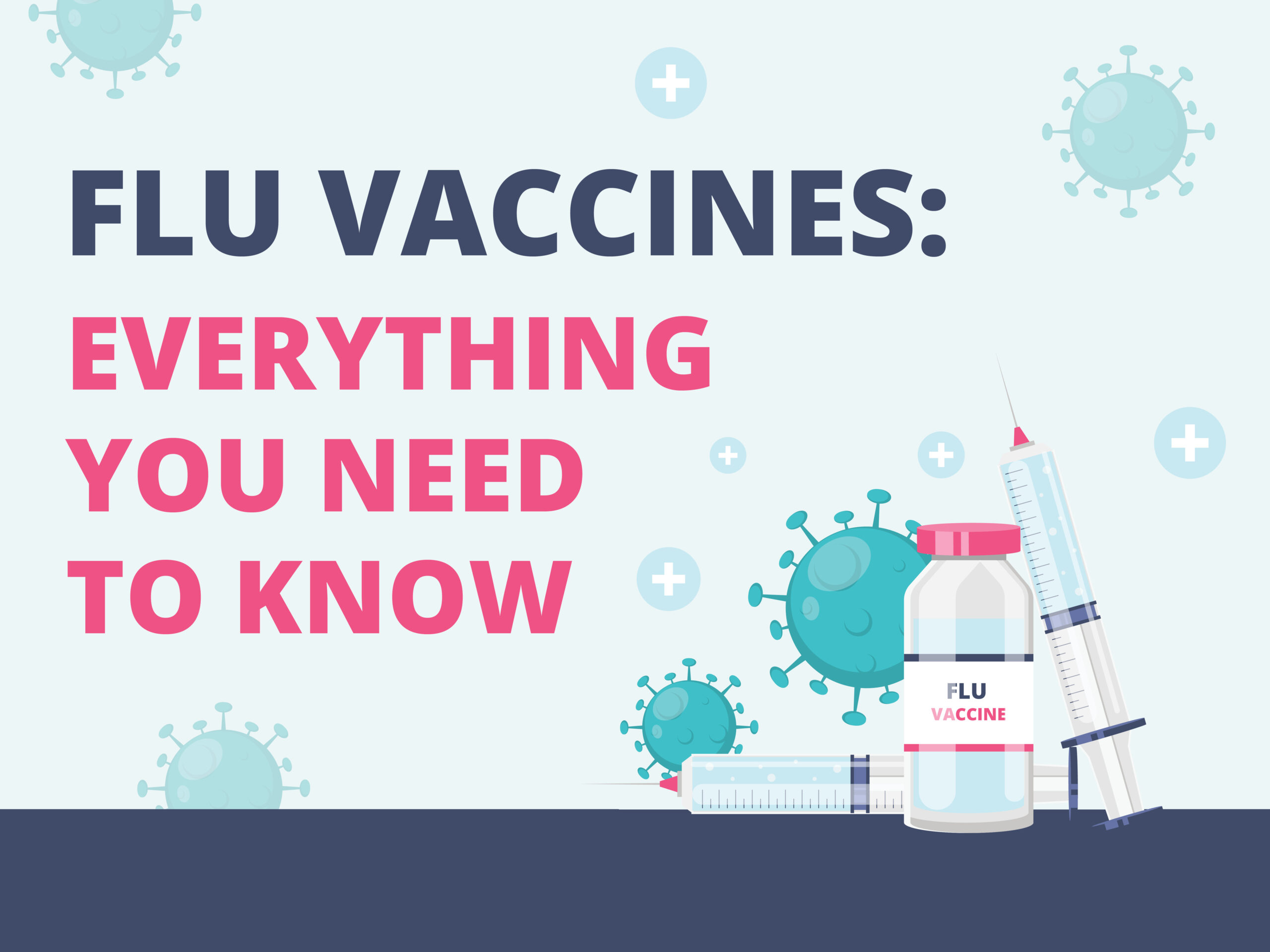Struggling With Mental Health? You’re Not Alone!
Why Invest in Your Mental Health?
-
Improved mood
-
Reduced anxiety
-
Enhanced inner peace
-
Clearer thinking
-
Improved relationships
-
Increased self-esteem
Who is at Risk?
-
Excessive fear or worry
-
Extreme mood changes
-
Detachment from reality
-
Alcohol or drug abuse
-
Hostility
-
Suicidal thoughts or actions
-
A history of mental illness in blood relatives
-
Stressful life situations
-
A chronic condition
-
Traumatic brain injury
-
Traumatic experiences
-
Excessive use of alcohol or recreational drugs
-
Childhood abuse or neglect
-
Few healthy relationships
-
Previous mental illness
How Common are Mental Health Issues?
How Can I Get Help?
Self-Care
-
Regular exercise. Find time in your day for a short walk to help boost your mood and improve your health. Just 30 minutes of physical activity a day is sufficient.
-
Eat healthily and stay hydrated. Maintaining a balanced diet and drinking plenty of water can help your energy levels and your focus.
-
Prioritize sleep. To make sure you’re getting enough sleep, try sticking to a schedule and reduce your blue light exposure before bedtime.
-
Engage in relaxing activities. Relaxation or wellness programs and apps can help relax your mood. These could include meditation, yoga, or breathing exercises.
-
Set goals and priorities. Prioritize things that need to get done now and hold off on things that can wait. Learning to say “no” can help you from taking on too much. At the end of the day, reflect on what you have accomplished rather than what you did not get done.
-
Practice gratitude. Creating a list of things you are grateful for can help focus your mind on the positives.
-
Stay connected. Talk with friends and family who can provide emotional support.
Professional Help
Emergency Services
-
Reach out to a close friend or loved one.
-
Contact a minister or someone in your faith community.
-
Call your mental health specialist or primary care provider.
-
Contact a suicide hotline by calling or texting 988. Services are free, confidential, and available 24/7.
-
Call 911 or your local emergency number.
Flu Vaccines: Everything You Need to Know
Flu season is almost here and let’s face it — no one has time for sniffles and coughs. Save yourself the time and suffering. You have the power to protect yourself and the ones you love from influenza and as your trusted health resource, we are here to help you do just that. Here is everything you need to know about getting vaccinated against the flu:

How do flu vaccines work?
Vaccines train our immune systems to create proteins called antibodies, which are responsible for fighting diseases in our bodies.¹ When we get the flu vaccine, our bodies are exposed to a version of the flu that has been already killed or weakened. This helps our immune system create antibodies to fight the flu without getting sick.
Once the body processes the vaccine and produces antibodies, it also creates antibody-producing memory cells, which remain alive even after the flu is defeated. If the body is exposed again, the antibody response is faster and more effective than the first time around because the memory cells are ready to pump out antibodies in defense.¹
Getting vaccinated for the flu goes far beyond just protecting yourself. Vaccinations work at their best when we develop herd immunity. This is when many people within a community are vaccinated, lessening the flu’s spread and preventing people that are unable to vaccinate from getting sick.¹ The more people get vaccinated, the more we can keep our communities healthy.
How effective are flu vaccines?
Flu vaccination can reduce the risk of flu illness by up to 60%, however, how well the flu vaccines protect us against the flu varies from season to season. Protection not only varies depending on characteristics of the person getting vaccinated such as age and overall health.² The effectiveness of flu vaccines each year heavily depends on how well they match with the flu viruses spreading throughout the community.³ Flu viruses change quickly, meaning the vaccine created for last year’s virus may not protect you from the flu viruses this year. The more the flu vaccine matches circulating flu viruses, the better protection we have against getting the flu. If you still get sick even if you received a flu vaccine, flu vaccination has been shown to reduce the severity of the virus. For example, a 2021 study found that vaccinated adults hospitalized with the flu had a 26% lower risk of being admitted to intensive care units and a 31% lower risk of death compares to unvaccinated adults.²
Who should get the flu vaccine?
Annual flu vaccinations are recommended for everyone 6 months or older, but vaccinations are especially important for those at high risk for flu-related complications:⁴
- Children ages 6 months – 2 years old
- Adults older than age 50
- Residents of nursing homes and other long-term care facilities
- People who are pregnant or plan to be pregnant
- People with weakened immune systems
- People who have chronic illnesses, such as asthma, heart disease, kidney disease, liver disease, and diabetes
- People with a body mass index (BMI) of 40 or higher
While everyone 6 months and older should get a flu vaccine, there are some rare exceptions:⁵
- Children younger than 6 months of age are too young to get a flu shot.
- People with severe, life-threatening allergies to any ingredient in a flu vaccine (other than egg proteins) should not get that vaccine. This might include gelatin, antibiotics, or other ingredients.
- People who have had a severe allergic reaction to a dose of influenza vaccine should not get that flu vaccine again and might not be able to receive other influenza vaccines. If you have had a severe allergic reaction to an influenza vaccine in the past, it is important to talk with your healthcare provider to help determine whether vaccination is appropriate for you.
When should you get your flu shot?
In the United States, flu season is in the fall and winter. However, influenza viruses are still present and circulating year-round. Flu cases generally peak between December and February and sometimes linger as late as May.
With this in mind, flu vaccination is ideal during September or October.⁴ Vaccinating sooner could lead to waning efficacy near the end of flu season in spring. However, don’t wait too long to get your flu shot either as it takes about two weeks after vaccination for antibodies to develop in the body to fully protect against the flu.³
We highly encourage you to talk with our team or your healthcare provider about any additional questions or concerns you may have about flu vaccines. You have the power to protect yourself and the ones you love from influenza by getting your annual flu shot! https://sinkspharmacy.com/services/#immunizations
Sources:
- « Previous Page
- 1
- …
- 7
- 8
- 9
- 10
- 11
- …
- 62
- Next Page »
